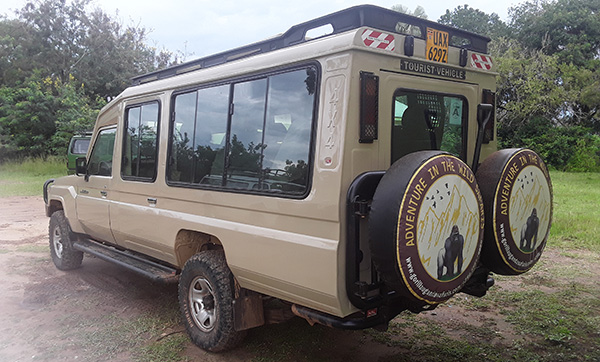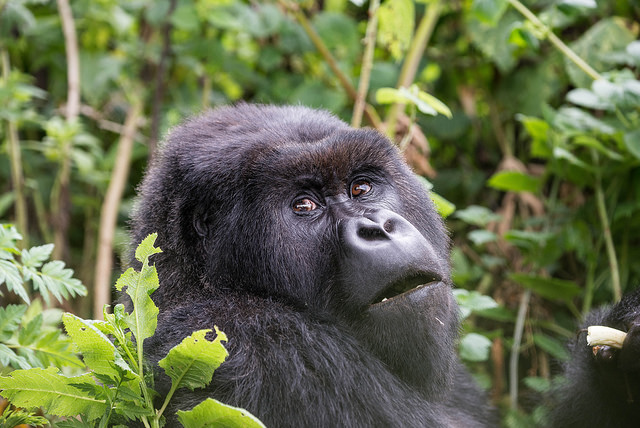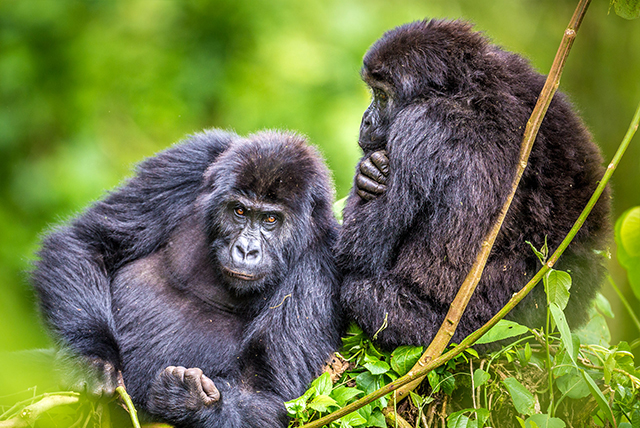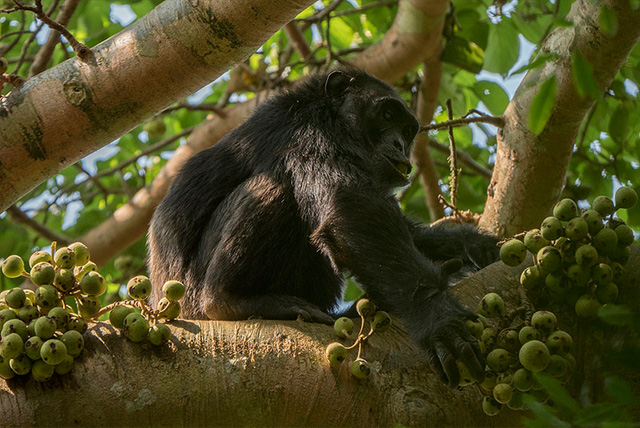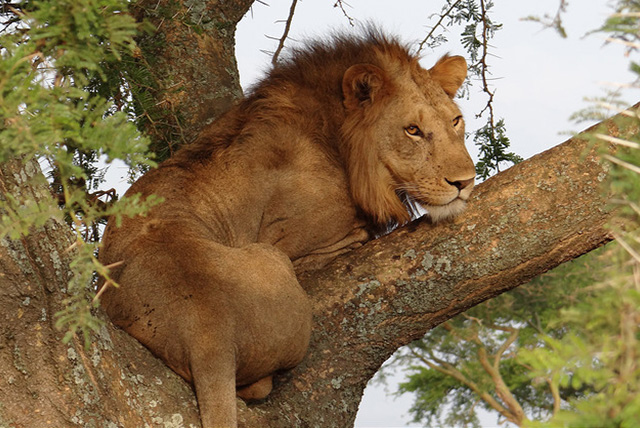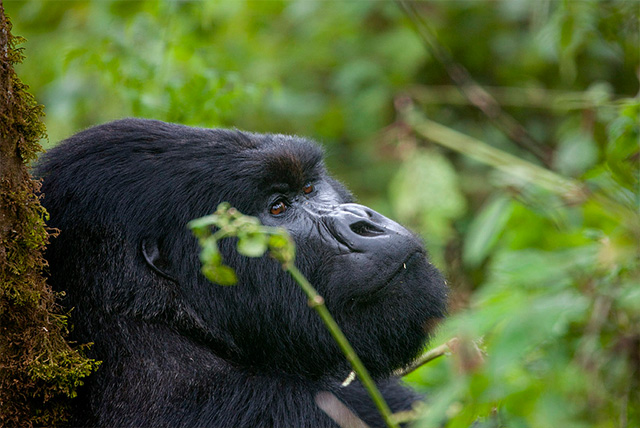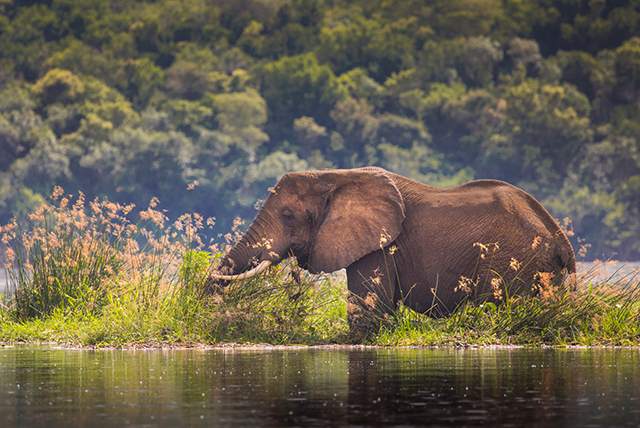Vaccinations for Namibia Travel
Namibia Health and Safety
Namibia is regarded as a country that offers a secure and wholesome experience for travelers. Although vaccinations are not mandatory, it is wise to think about obtaining vaccines for diseases like typhoid, polio, and tetanus.
While malaria is not widespread throughout the country, if you are gearing up for an expedition to the northern regions or planning your journey between December and March, it is wise to consider taking anti-malarial tablets. It is wise to check in with your doctor or travel clinic for the most current advice before embarking on your journey.
The HIV infection rate is high in Namibia, but this should not deter you from embarking on your Namibian safari.
Exploring the wilds of Namibia
The currency used in Namibia is the Namibian Dollar N$, which is linked to the South African Rand, a currency that is also commonly accepted throughout the country. Having a stash of both is a smart move for your journey.
While your safari tour will probably cover accommodation, some meals, and transport, it is wise to keep in mind that there may be extra expenses to consider for your Namibia adventure. Therefore, having a small amount of cash on hand is a smart move.
Make sure to bring along your favorite insect repellent to fend off those pesky bugs. This holds particular significance when exploring the Zambezi Region, once known as Caprivi,
The sun in Namibia can be quite intense, especially in its predominantly dry landscape. Do not forget to pack a hat and sunscreen! It is wise to bring along a bottle of water to keep yourself refreshed and energized.
Your safari guides are well-trained and highly knowledgeable, with a primary focus on ensuring your safety in the wilderness. Pay close attention to their guidance on how to conduct yourself and what actions to take during your safari, particularly when you come across majestic creatures such as elephants, hippos, giraffes, and lions.
Currency and Gratuities in Namibia
When planning a Namibia safari package, you will find that many of your travel costs are covered. It is, however, wise to carry some cash for those unexpected expenses like tips, souvenirs, and gifts that may come your way. Namibia uses the Namibian Dollar (N$) as its official currency. However, the N$ value has been pegged to the South African Rand (ZAR), and when exploring Namibia, ZARs are easily accepted and can be used interchangeably with N$, though the reverse does not apply when crossing into South Africa.
It is important to keep in mind that although Visa and Mastercard credit cards are widely accepted across Namibia, you will need to have cash on hand for petrol stations, as they do not accept credit cards.
Tipping is not allowed in Namibia’s national parks and reserves. Although many restaurant bills include a service charge, it is wise to verify. If it is not included, a tip of around 10% is customary. In Namibia, it is common to tip for excellent service primarily in higher-end tourist venues.
Be mindful of your etiquette
When exploring Namibia, embracing local customs and practicing respectful travel etiquette is essential for an enriching experience. Warm greetings are cherished, making it courteous to extend a handshake along with a cheerful “hello” or “good day.” It is important to seek consent before capturing images of individuals, particularly children, and when engaging with indigenous communities. While Namibia exudes a laid-back vibe, it is wise to embrace modest attire, particularly when exploring cultural villages, residences, and sacred locations. By embracing responsible tourism, you can play a vital role in safeguarding Namibia’s breathtaking landscapes. Avoid littering, stick to designated trails, and adhere to the rules and regulations to ensure the preservation of the country’s stunning environment.
Keep an eye on your possessions
Namibia offers a world of exploration, but it is wise to stay alert and exercise caution in the larger towns and cities. Stay alert with your possessions and ensure your bags are never left unattended, whether you are at the airport, train station, hotel lobby, or enjoying a day at the beach. Keep your treasures hidden and avoid showing off your money. Engage in a chat with your guide or hotel staff about how to navigate the area safely.
Optimal Travel Strategies
When exploring a foreign country, it is wise to keep photocopies of all your travel documents securely stored in your luggage, alongside your digital copies.

